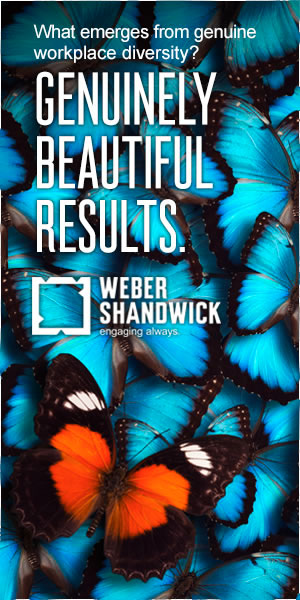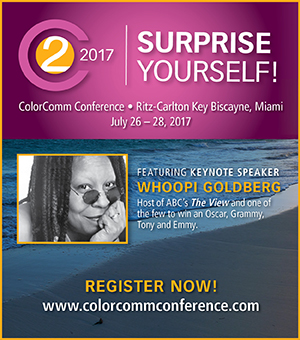More than 6,000 academics from many of the most prestigious universities across the United States, including many Fields Medalists, Members of the National Academy of Sciences, and winners of John Bates Clark Medal have signed an open letter opposing President Donald J. Trump’s Executive Order for a 90-day suspension of visas and other immigration benefits to all nationals of Iran, Iraq, Libya, Syria, Somalia, Sudan, and Yemen.
The open letter, which can be found on https://notoimmigrationban.com/ addresses three major concerns :
“The Executive Order discriminates against a large group of immigrants and longtime residents of the United States based solely on their country of origin, all of which have a majority-Muslim population.
The Executive Order places a harsh and undue burden on the people affected, needlessly and cruelly separating families by limiting travel and restricting entry. These are people the letter’s signatories are proud to call friends, colleagues, and members of their community – what they will be subject to under this Executive Order is inhumane, un-American and entirely disproportionate to the threat it is purporting to address.
This Executive Order would significantly damage the United States’ reputation for academic excellence in higher education. United States research institutions directly benefit from the work of thousands of researchers from the nations affected by this Executive Order. The United States academic community relies on these talented and creative individuals for their contributions to the cutting-edge research.”
DIVERGE spoke to the team behind this letter to find out more:
How did this come together so quickly?
It just started from a group of friends who decided that they cannot stay around and do nothing! When we started we thought that we might be able to get 100-200 signatures from our own colleagues and our friends’ colleagues. But we were shocked from the overwhelming support of our friends. Many people of different nationalities, not directly affected by the policy, volunteer to help us with the legwork and to promote the letter however they could. We sent the first email at 1am on Friday and by 4pm on Friday we already have received 2000 signatures from academic in US alone. To the best of our knowledge, this is the largest petition signed by academic community in US and we are still receiving many new signatures, we have around 5000 professors, 34 Nobel Laureates, 6 Fields Medalist, … who have signed the letter.
Why is it important?
We felt this EO is, in short, unAmerican, and this letter proved it. This shows that many Americans think this is not a policy they will in any way support. We have many signatures from Republicans, from people of any faith and creed. This also helps the affected individuals by publicizing the issue and to show that the academic community is appalled by such discriminatory policies.
What will we need to be careful in the next few months as this evolves?
We will try to out rule this EO. We should be trying to help various institutions, which try to take this case to court. We will try to make congress and senate members involved and to ask them to take a stance and not to be a quiet observer. This will take time.
How will this affect academia?
This will impact academia as a whole. It was not easy to travel to US from many of these countries. The ones that got visa and are here are usually through admission from high-ranked universities. Now these students, and the ones graduated by now are at top positions now. What the EO means for them is that they cannot leave the country. This means they cannot participate in conferences, they cannot visit their family. As we were discussing this issue with few other friends who are faculties at top universities in US, many agreed that if this does not resolve soon, they would prefer to leave US and either go back home or apply to universities outside the US. For students who are applying now, it means they will not be able to come to US, great opportunity for Canadian and European countries and not so great for American universities.
Actually, another part that is not clear in the EO is what happens to the ones already here, if entering the country is illegal for them is staying in the country also illegal? Or you may wake up another day and that becomes illegal and then you have to leave in a hurry.
These faculties and students have many collaborators in US Institutes, which will be impacted greatly, as well.

